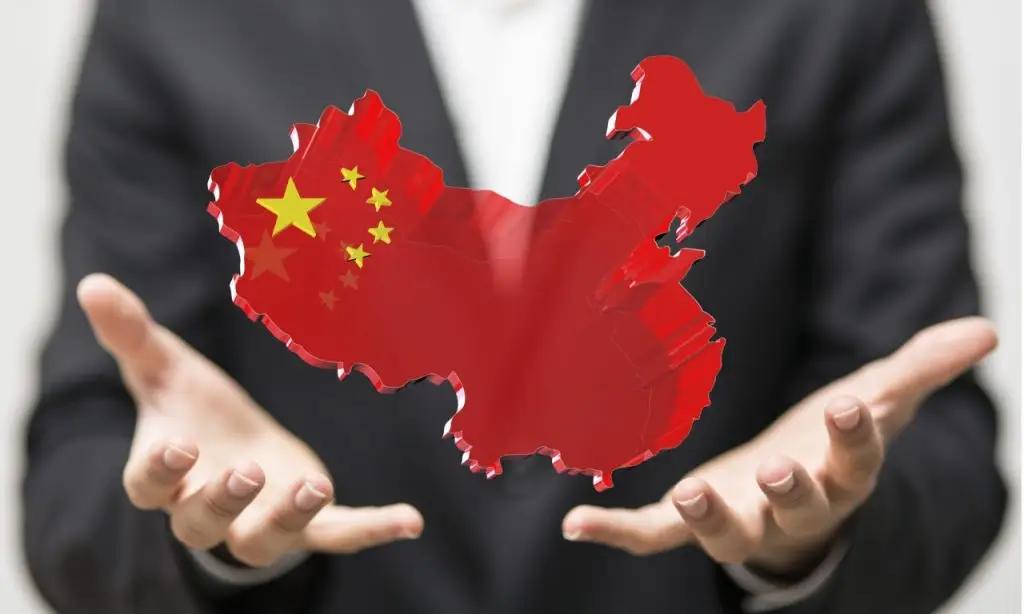
Published
11/11/2024, 15:39Dubai chocolate, Shane muscat grapes, Sabina's macarons... Surely it's not the first time you hear these brands? How about this - Kobe beef, Yubari melon or kopi luwak coffee? It's more complicated here, although these products are among the most expensive. But how did hybrid grapes, pistachio, and sesame paste chocolate and macaroons become popular?
An interesting phenomenon is unfolding in the global food market: along with classic, expensive delicacies, so-called ‘viral’ products are emerging taking over social media and becoming symbols of prestige and relevance.
In the case of Kobe beef, Yubari melon and kopi luwak coffee, the rarity and complexity of production justify the price. Kobe beef is sourced only from a wagyu cow. For the meat to carry the Kobe brand, the cow must be born and raised in Hego Prefecture in Japan, Yubari melons grow only in a specific area where volcanic rock dominates the soil, and kopi luwak coffee is produced after it is eaten by an animal called a luwak. These delicacies are rare and their production is labour-intensive, so their high price reflects real effort and unique conditions of their creation. It is due to objective factors that remain stable regardless of fashion trends.
It's a completely different story with products becoming popular due to viral content on the internet. These are the well-known Dubai chocolate, Shane Muscat grapes and Sabina's macarons. Yes, it is clear that it is not a simple chocolate from the shop counter, or, for example, in the case of grapes there are more expensive - ‘Ruby Roman’, and macarons from Sabina, despite their unusual design and flavour, remain macarons. These products are often not priced for their unique properties or rarity, but the special attention of bloggers and influencers to the product may present it differently to the public.
Social networks and media create the illusion of exclusivity, even if these products are available in the mass market. People trying to keep up with trends see these delicacies in the feed and want to try them to feel part of the ‘elite’ too. Much of the cost of viral delicacies is based on the so-called psychological premium. This is an additional markup arising due to the buyers' interest in a fashion product and desire to demonstrate status. Many consumers face this phenomenon, especially the younger generation, for whom status consumption is important and directly linked to social networks.
Human psychology is organised in such a way we want to be part of something ‘exclusive’ that makes us different from others. At the same time, buyers realise that a high price is not related to the quality of the product, but to its relevance and the opportunity to show off. An expensive purchase is perceived not as a pleasure to eat only, but as a status symbol that allows you to feel involved in fashion trends as well. If you have unexpectedly run to look for a blogger who will ‘deliciously’ tell about your product, it is worth remembering the prices for trendy viral products are often subject to sharp fluctuations and over time go out of trend.
It is curious that all these products, despite their high price, remain affordable for people with average salaries. From this, we can conclude that an interesting presentation, plus an affordable price, plus advertising from an Influencer equals a ‘viral’ product doomed to success, albeit short-term.
The phenomenon of ultra-fashionable and expensive delicacies shows how modern economics and marketing create a temporary value on mass products. These delicacies acquire value not through uniqueness or rarity, but through the psychological premium, created by the hype.


